“Create in Me a Clean Heart”
Psalms
LDS manual: here
Reading
Since we’ve just finished with David, the anonymous body of church correlators has decided to take us into the Psalms. Good idea, faceless men; the Psalms are usually associated with David, and they’re a little lighter than the stuff we’ve been reading, so it’s a nice diversion.
There are a lot of Psalms. To be specific, 150 of them. And I read them all. Well, I admit I pskimmed a few of them. They swing pretty sharply between ‘dreary’ and ‘violently bloodthirsty’. Steve Wells has made it easy with the Skeptic’s Annotated Bible (which I link to in every lesson) by highlighting all the crazy bits.
The Psalms are essentially song lyrics, which makes it funny when people try to build major points of doctrine onto them. I don’t like to read too much into the Psalms, so I’ve ignored a lot of the silly stuff, like inconsequential contradictions and so forth.
In the last lesson, I compared David to a rock star, but which rock star? I’d say Justin Bieber. I don’t like to pile on the Bieber hate because I think it’s a bit of a cheap laugh, but consider: First of all, the themes in Psalms are kind of monotonous. Second, I have doubts about whether David actually wrote this stuff. The main difference between King David and Justin Bieber is that Bieber only has the potential to become a psychopathic killer, whereas David is said to have killed hundreds of thousands of people. Bieber was just alleged to have spat on them (but maybe not). I think he peed in a bucket once. Hardly Old Testamental.
King David: worse than Bieber.
Here’s my quick rundown of some of the themes in Psalms.
Slavery: still A-OK
Reading the Psalms gave me a lot of Messiah flashbacks, since the text of Handel’s oratorio draws so heavily from them. So for example, the text of Tenor aria “Thou Shalt Break Them” comes from Psalms 2:9.
But what’s the previous verse? Why, it’s about how to own people.
2:8 Ask of me, and I shall give thee the heathen for thine inheritance, and the uttermost parts of the earth for thy possession.
2:9 Thou shalt break them with a rod of iron; thou shalt dash them in pieces like a potter’s vessel.
There are lots of scriptures asking God to smash enemies, or even doing the job yourself — all with divine approval, of course.
18:40 Thou hast also given me the necks of mine enemies; that I might destroy them that hate me.
18:41 They cried, but there was none to save them: even unto the LORD, but he answered them not.
18:42 Then did I beat them small as the dust before the wind: I did cast them out as the dirt in the streets.
18:43 Thou hast delivered me from the strivings of the people; and thou hast made me the head of the heathen: a people whom I have not known shall serve me.21:9 Thou shalt make them as a fiery oven in the time of thine anger: the LORD shall swallow them up in his wrath, and the fire shall devour them.
21:10 Their fruit shalt thou destroy from the earth, and their seed from among the children of men.34:16 The face of the LORD is against them that do evil, to cut off the remembrance of them from the earth.
50:22 Now consider this, ye that forget God, lest I tear you in pieces, and there be none to deliver.
55:15 Let death seize upon them, and let them go down quick into hell: for wickedness is in their dwellings, and among them.
58:10 The righteous shall rejoice when he seeth the vengeance: he shall wash his feet in the blood of the wicked.
69:23 Let their eyes be darkened, that they see not; and make their loins continually to shake.
69:24 Pour out thine indignation upon them, and let thy wrathful anger take hold of them.
69:25 Let their habitation be desolate; and let none dwell in their tents.110:6 He shall judge among the heathen, he shall fill the places with the dead bodies; he shall wound the heads over many countries.
140:10 Let burning coals fall upon them: let them be cast into the fire; into deep pits, that they rise not up again.
144:1 Blessed be the LORD my strength which teacheth my hands to war, and my fingers to fight:
The American right-wing singled out Barack Obama for a special prayer from Psalms:
109:8 Let his days be few; and let another take his office.
But did they read the next few verses?
109:9 Let his children be fatherless, and his wife a widow.
109:10 Let his children be continually vagabonds, and beg: let them seek their bread also out of their desolate places.
109:11 Let the extortioner catch all that he hath; and let the strangers spoil his labour.
109:12 Let there be none to extend mercy unto him: neither let there be any to favour his fatherless children.
109:13 Let his posterity be cut off; and in the generation following let their name be blotted out.
…
109:20 Let this be the reward of mine adversaries from the LORD, and of them that speak evil against my soul.
109:21 But do thou for me, O GOD the Lord, for thy name’s sake: because thy mercy is good, deliver thou me.
That’s pretty ugly stuff. “Kill my enemy, but be nice to me, God, because we have a special relationship, okay?”
Mythical animals
Lots of cryptozoology in Psalms, starting with — yes — skipping trees. With a special appearance from a unicorn.
29:5 The voice of the LORD breaketh the cedars; yea, the LORD breaketh the cedars of Lebanon.
29:6 He maketh them also to skip like a calf; Lebanon and Sirion like a young unicorn.
Hey, did you see those skipping trees? They were skipping just like a unicorn.
Like the time my sister came to visit in Australia, and I told her to watch out for the drop-bears. And she said, “How big is a drop-bear?” and I said, “About as big as a jackalope.”
Don’t forget the dragons.
44:19 Though thou hast sore broken us in the place of dragons, and covered us with the shadow of death.
74:13 Thou didst divide the sea by thy strength: thou brakest the heads of the dragons in the waters.
74:14 Thou brakest the heads of leviathan in pieces, and gavest him to be meat to the people inhabiting the wilderness.91:13 Thou shalt tread upon the lion and adder: the young lion and the dragon shalt thou trample under feet.
148:7 Praise the LORD from the earth, ye dragons, and all deeps:
Another unicorn.
92:10 But my horn shalt thou exalt like the horn of an unicorn: I shall be anointed with fresh oil.
Wow, anointing the horn. I didn’t think we were going to get to that until the Song of Solomon.
God will beat David’s children if they disobey
89:30 If his children forsake my law, and walk not in my judgments;
89:31 If they break my statutes, and keep not my commandments;
89:32 Then will I visit their transgression with the rod, and their iniquity with stripes.
Unscientific things
Remember the firmament? That imaginary ceiling that holds back the rain? It’s a great example of God’s handiwork. Along with the unicorns.
19:1 The heavens declare the glory of God; and the firmament sheweth his handywork.
The earth is held up by pillars.
75:3 The earth and all the inhabitants thereof are dissolved: I bear up the pillars of it. Selah.
And it doesn’t move.
93:1 The LORD reigneth, he is clothed with majesty; the LORD is clothed with strength, wherewith he hath girded himself: the world also is stablished, that it cannot be moved.
In addition, the heavens are stretched out like a curtain.
104:1 Bless the LORD, O my soul. O LORD my God, thou art very great; thou art clothed with honour and majesty.
104:2 Who coverest thyself with light as with a garment: who stretchest out the heavens like a curtain:
104:3 Who layeth the beams of his chambers in the waters: who maketh the clouds his chariot: who walketh upon the wings of the wind:
104:4 Who maketh his angels spirits; his ministers a flaming fire:
104:5 Who laid the foundations of the earth, that it should not be removed for ever.
104:6 Thou coveredst it with the deep as with a garment: the waters stood above the mountains.
There are some interesting scriptures that suggest that the Hebrews weren’t really considering the afterlife as a concept yet.
115:17 The dead praise not the LORD, neither any that go down into silence.
This scripture about how great children are…
127:3 Lo, children are an heritage of the LORD: and the fruit of the womb is his reward.
127:4 As arrows are in the hand of a mighty man; so are children of the youth.
127:5 Happy is the man that hath his quiver full of them: they shall not be ashamed, but they shall speak with the enemies in the gate.
…has been picked up and used as inspiration for the Quiverfull movement, a very damaging movement seemingly created to keep women popping out as many babies as possible.
And finally, this scripture has gotten a lot of press.
137:9 Happy shall he be, that taketh and dasheth thy little ones against the stones.
I don’t know if I have a problem with this one. Some people say “OMG the Bible says it’s OK to bash children against rocks,”
and I don’t think it does. It seems to me that this is a song lyric, and it’s just a really dark one. Maybe David was going through a black metal phase. I’m okay with that. Not with bashing children against rocks, though, obviously.
Main points from this lesson
Praising the Lord
In Psalms, it’s all about praising God and giving glory to his name. This is the kind of thing we’d expect from a somewhat insecure deity who’s trying to get himself established in a pantheon that’s already kind of full.
29:1 Give unto the LORD, O ye mighty, give unto the LORD glory and strength.
29:2 Give unto the LORD the glory due unto his name; worship the LORD in the beauty of holiness.86:12 I will praise thee, O Lord my God, with all my heart: and I will glorify thy name for evermore.
Now I like praise more than anyone. It feels good when people give me attention and approval. But at the same time, I realise that this taps into something about me that’s not very good. It’s like when I have a need for praise, it’s because of some kind of emptiness in myself. There’s a hole there that I want other people to fill with approval. At times when I’m feeling the healthiest in myself, I don’t have that need. I can get approval from myself.
And I’m just a human, not a perfect all-knowing being. So I have to ask: why would a god need or desire praise from anyone else? If he’s so awesome, doesn’t he know that? And why would he desire praise from us, his creations? What kind of narcissistic egomaniac would he have to be to require praise from these insects? Why would we need to tell him “Good job, God. You’re so great” for eternity?
A perfect being lacks nothing and needs nothing, including praise. As Friedrich Nietzsche said:
“I cannot believe in a God who wants to be praised all the time.”
Prophecies about Jesus
David was having a rough time for some of those Psalms. He was being chased around by Saul, living from cave to cave, and generally having a bad time of it. But some of the Psalms about David’s sufferings have been picked up and retooled as prophecies about Jesus. For example:
22:16 For dogs have compassed me: the assembly of the wicked have inclosed me: they pierced my hands and my feet.
22:17 I may tell all my bones: they look and stare upon me.
22:18 They part my garments among them, and cast lots upon my vesture.
And so on. The real manual gives a lot more examples, and says:
• Jesus Christ is the only person whose birth, life, death, and resurrection were prophesied before his birth. Why do you think such detailed prophecies were given about the Savior’s life?
I think the answer is simple: Because his life was rewritten after the fact to match prophecies. How much more obvious an explanation could there be?
So many Christians have said to me: There were hundreds of prophecies in the Bible that Jesus fulfilled. And I always say, “You mean a prediction in that book… was fulfilled… later on in the same book?” That’s so not amazing.
Additional ideas for teaching
Calling atheists fools
A couple of Psalms say that atheists are fools.
14:1 The fool hath said in his heart, There is no God. They are corrupt, they have done abominable works, there is none that doeth good.
53:1 The fool hath said in his heart, There is no God. Corrupt are they, and have done abominable iniquity: there is none that doeth good.
This seems to me to be just an excuse to call atheists fools, without dealing with their arguments.
(Yes, some of them may not have been atheists in a modern sense. Also: where are the women?)
Atheists have some good questions:
- What evidence is there for any supernatural being?
- Why does God refuse to provide convincing evidence for his existence?
- Is it even possible for a being with contradictory attributes (e.g. omnibenevolent, but allows evil) to exist?
But it’s much easier for believers to avoid dealing with them, and call atheists ‘fools’ instead.
As an atheist, I have a rule I use: Attack the belief, not the person. I avoid saying that Christians are stupid. They’re not necessarily stupid; I wasn’t when I was a believer. But the ideas in Christianity itself are incredibly bad, so I attack them. People deserve respect; ideas don’t.
I guess my idea of attacking ideas and not people is sort of like the Christian idea of ‘loving the sinner but hating the sin.’ Which is strange, when you consider the psalm that says it’s okay to hate unbelievers. Perfectly.
139:21 Do not I hate them, O LORD, that hate thee? and am not I grieved with those that rise up against thee?
139:22 I hate them with perfect hatred: I count them mine enemies.
Reins
Language is funny. We talk about things in ways we know are untrue. We know the earth goes around the sun, but we still say the sun comes up. We know the heart pumps blood, but we still say it hurts or even breaks when we feel sad.
But for the ancient Hebrews, the kidneys were thought to have much the same job. The KJV word for kidneys was reins, from which we get the word renal.
7:9 Oh let the wickedness of the wicked come to an end; but establish the just: for the righteous God trieth the hearts and reins.
16:7 I will bless the LORD, who hath given me counsel: my reins also instruct me in the night seasons.
26:2 Examine me, O LORD, and prove me; try my reins and my heart.
73:21 Thus my heart was grieved, and I was pricked in my reins.
So the Bible writers were attributing feelings to lots of organs. I’m surprised they didn’t haul in the pancreas for some emotion or other. Perhaps ennui.
What’s interesting is that ancient Hebrews didn’t seem to understand the role of another organ that does some important stuff, too: the brain. Wouldn’t that have been a good idea for an all-knowing being: drop some hints that maybe the brain did something? There it is, just sitting up there. What does it do? Aren’t you curious? God could have popped in a scripture: My brain in my head meditateth upon the Lord in the night seasons, blah blah blah. That would have impressed people when they figured that out for themselves. But no, it doesn’t seem to have occurred to God. A missed opportunity.
Did Shakespeare leave an easter egg in Psalm 46?
Finally, a bit of Bible-Code fun that’s probably nonsense, but here it is.
The King James Version of the Bible was published in 1611, when Shakespeare was alive and putting out his plays. It’s been speculated that Shakespeare either worked on the KJV, and put a reference to himself in it — or alternatively, he was known to the translators, and they wished to honour him by slipping in a reference to him.
And the alleged clue is Psalm 46. If you count words, the 46th word from the top is shake, and the 46th word from the bottom (excluding the liturgical word selah) is spear.
46:1 God is our refuge and strength, a very present help in trouble.
46:2 Therefore will not we fear, though the earth be removed, and though the mountains be carried into the midst of the sea;
46:3 Though the waters thereof roar and be troubled, though the mountains shake with the swelling thereof. Selah.
46:4 There is a river, the streams whereof shall make glad the city of God, the holy place of the tabernacles of the most High.
46:5 God is in the midst of her; she shall not be moved: God shall help her, and that right early.
46:6 The heathen raged, the kingdoms were moved: he uttered his voice, the earth melted.
46:7 The LORD of hosts is with us; the God of Jacob is our refuge. Selah.
46:8 Come, behold the works of the LORD, what desolations he hath made in the earth.
46:9 He maketh wars to cease unto the end of the earth; he breaketh the bow, and cutteth the spear in sunder; he burneth the chariot in the fire.
46:10 Be still, and know that I am God: I will be exalted among the heathen, I will be exalted in the earth.
46:11 The LORD of hosts is with us; the God of Jacob is our refuge. Selah.
Why 46? Because Shakespeare would have been 46 at the time of translation.
So is it true? Did Shakespeare leave us an easter egg? Well, probably not. Some people think so, but experts take a dim view of the story. But consider: It could be an instructive look at how our human brains try to find patterns in noisy data. We even try and shuffle the data to get the answer we want — like excluding the selah. If spear had come bang on word 46 even with the selah, you can bet we’d still accept it as a hit!
And this is nothing compared to the jiggery-pokery we see in the Bible Code. But that’s a whole ‘nother area, and it’s time to move on to the next meeting. So we’ll close. See you next time.
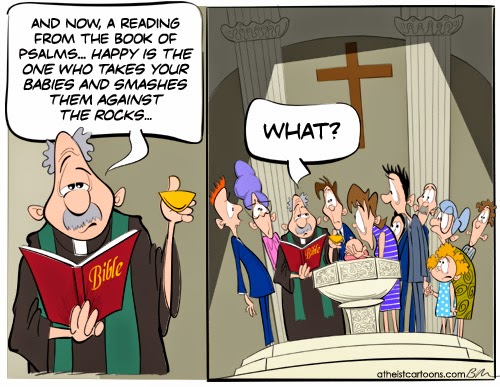
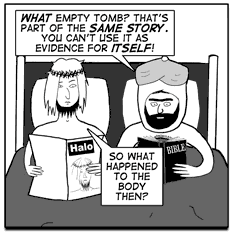
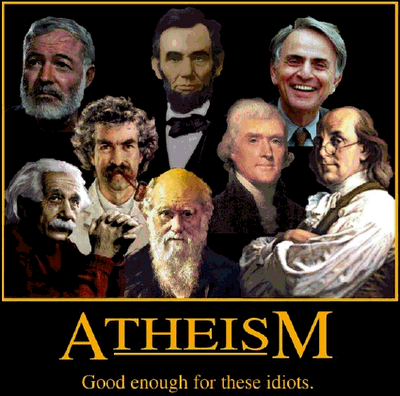


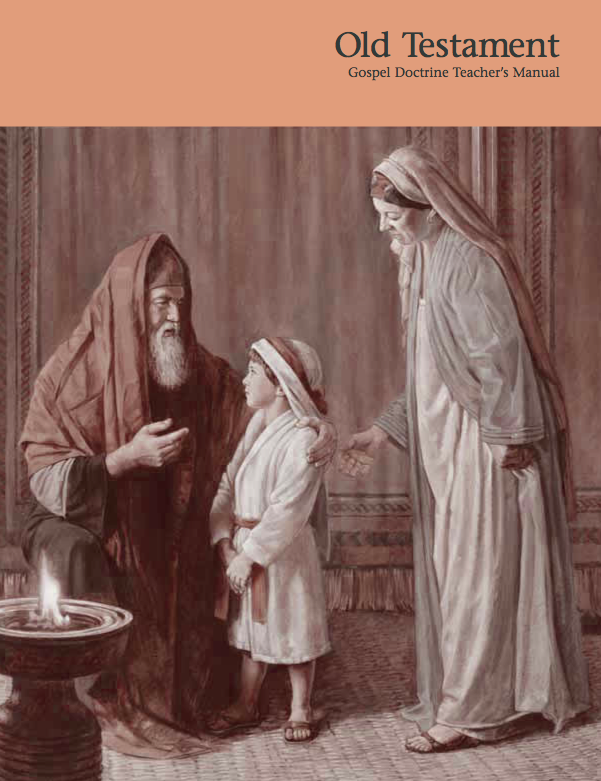
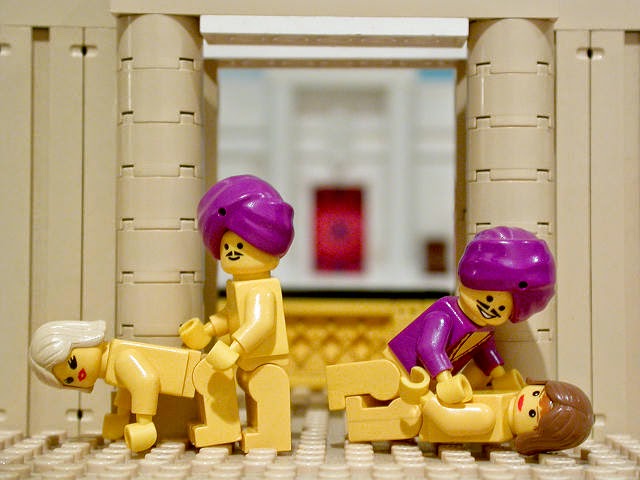
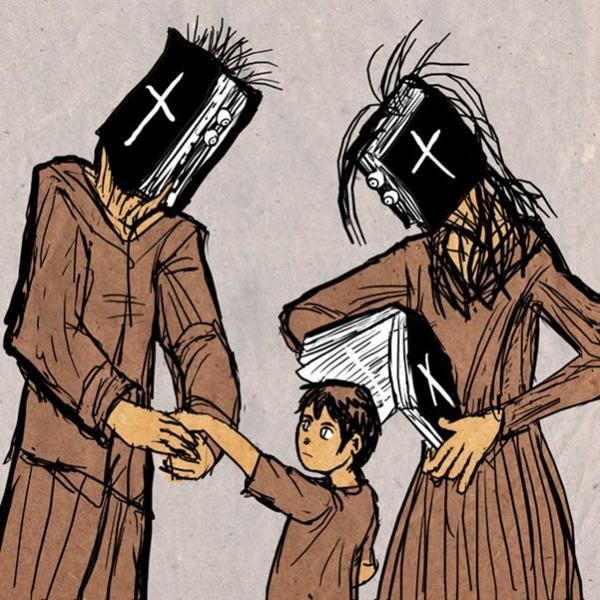






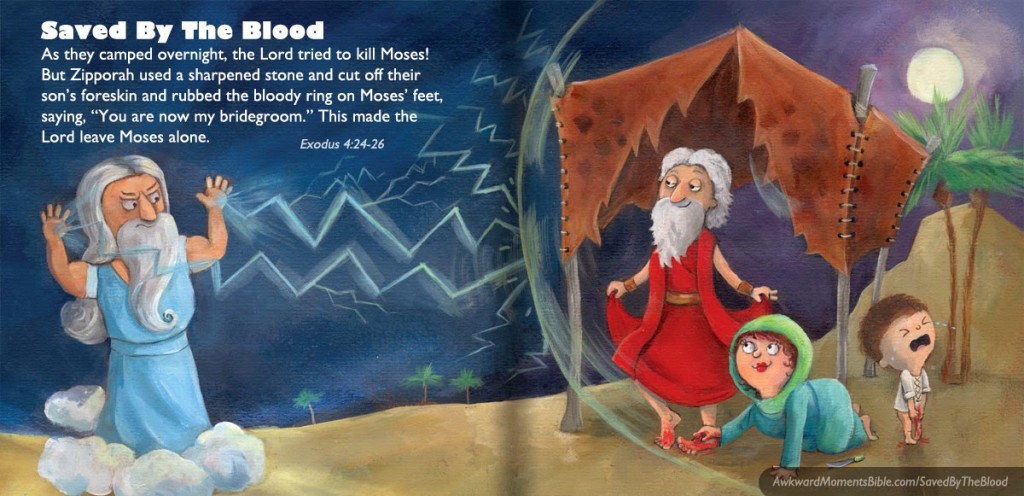
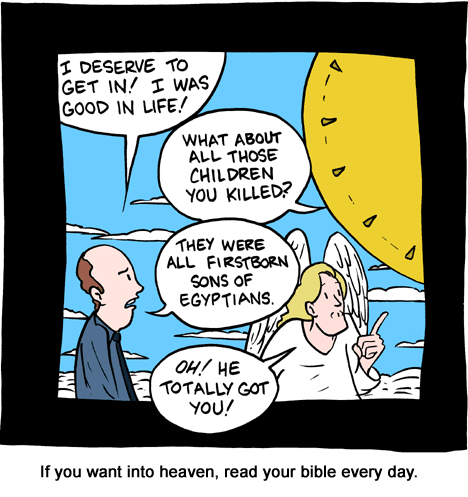
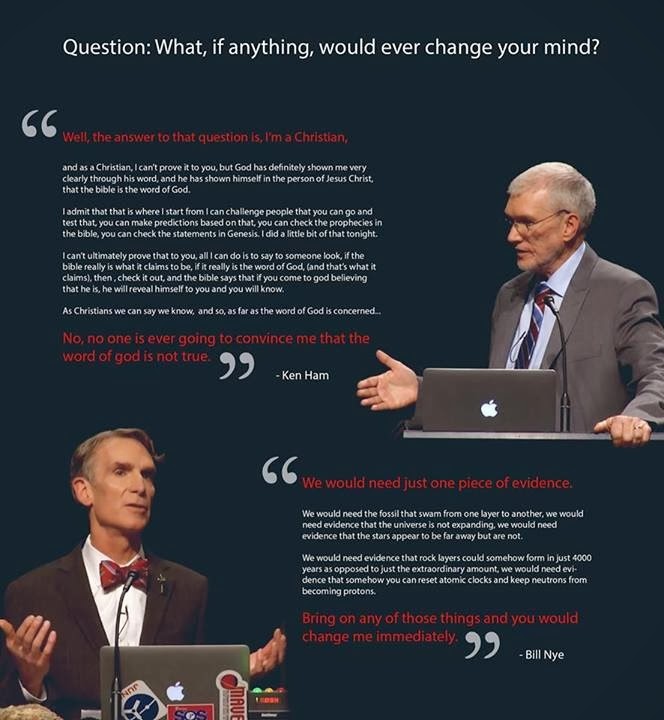
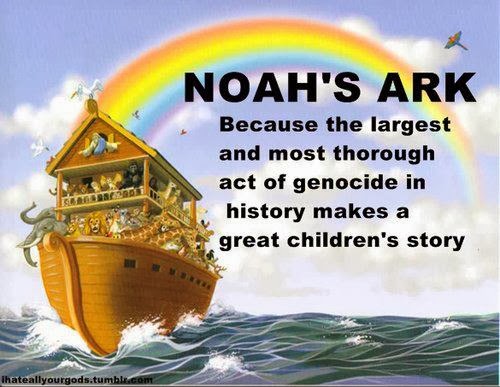
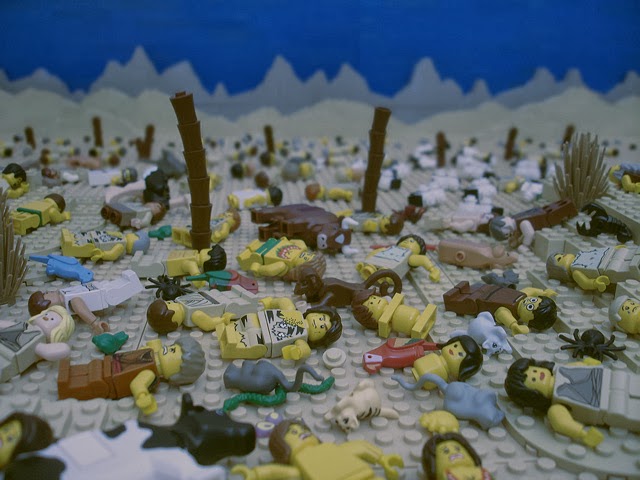



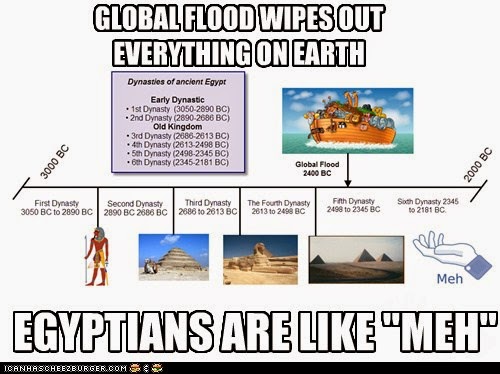
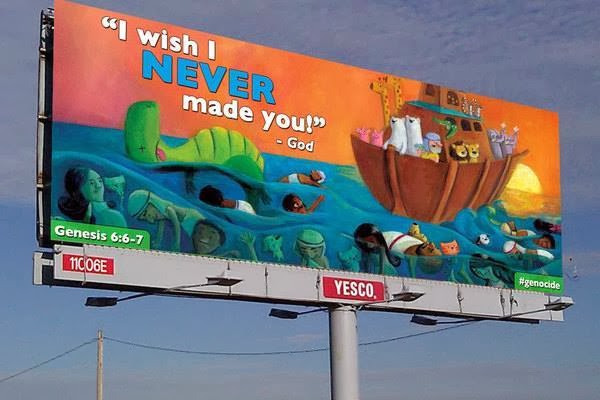

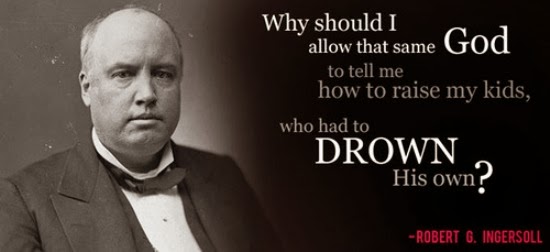
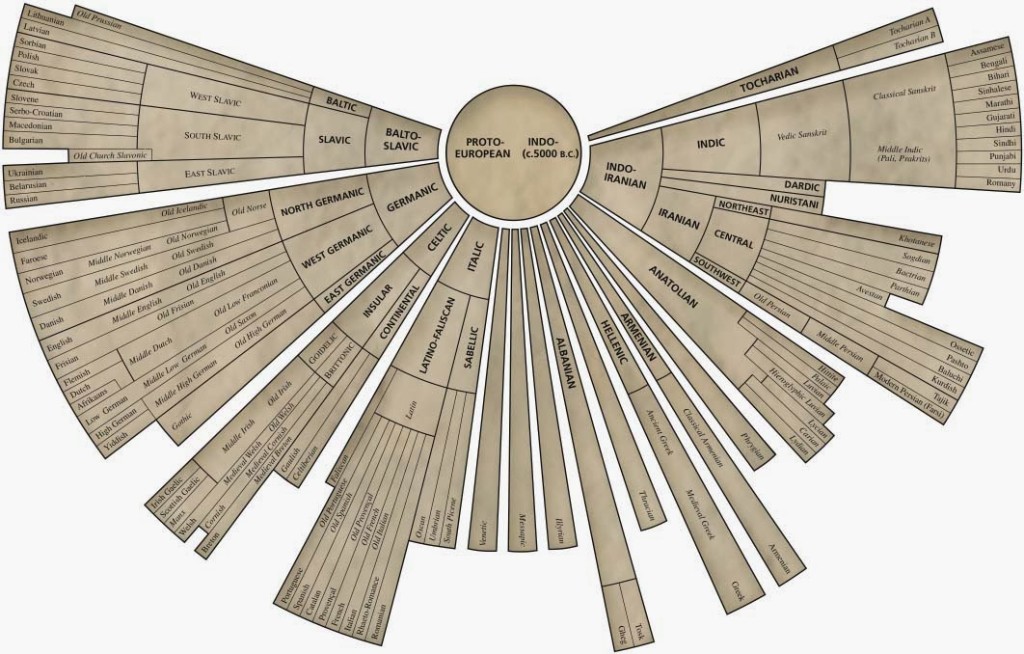
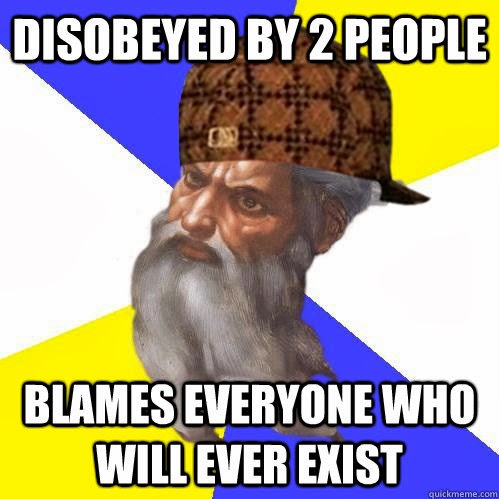



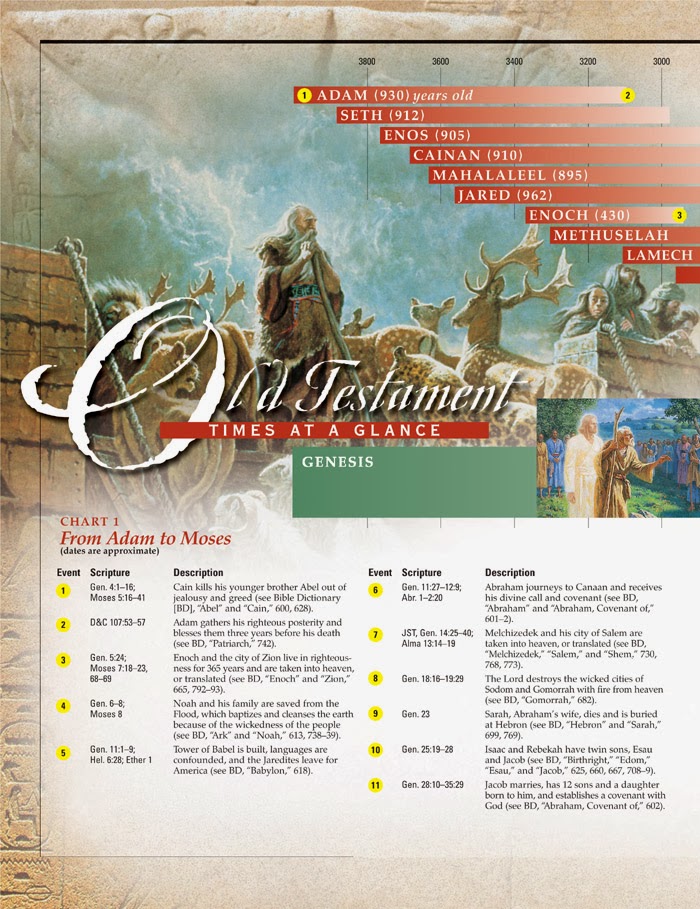
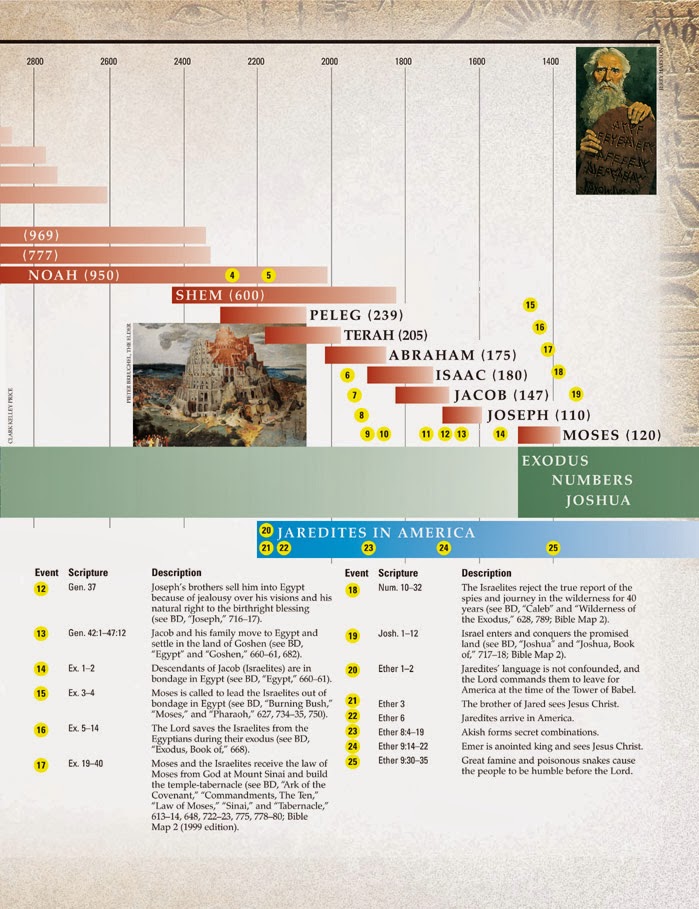
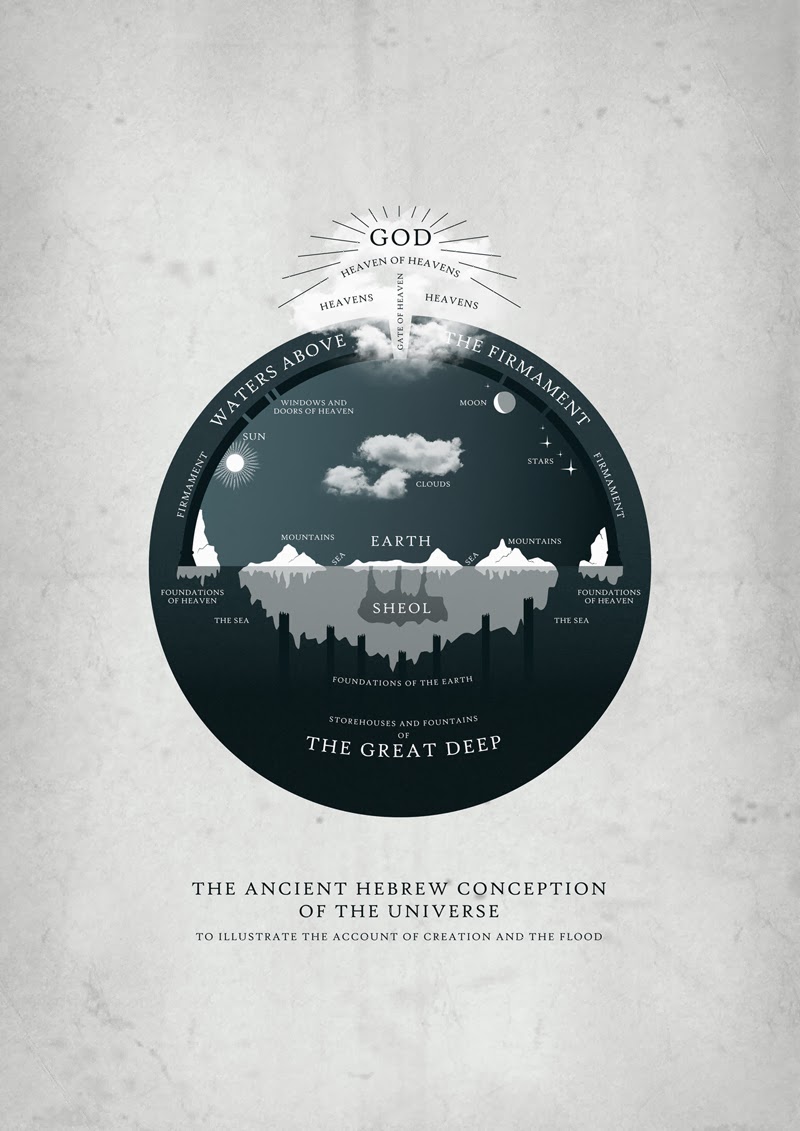
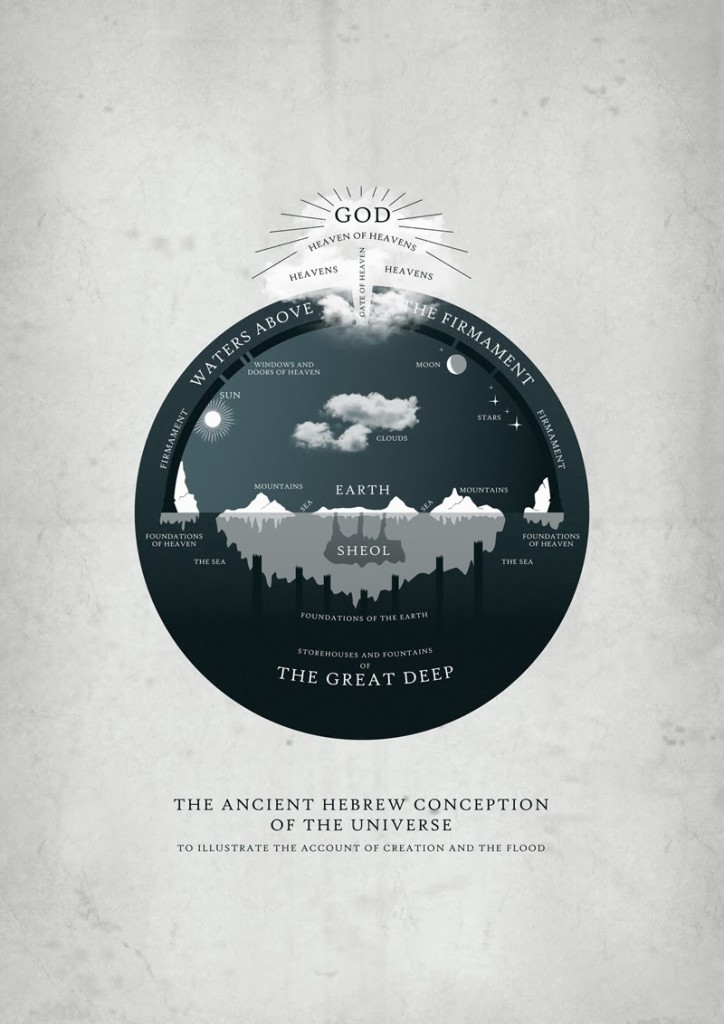

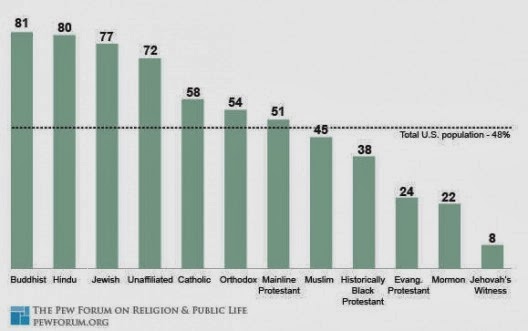

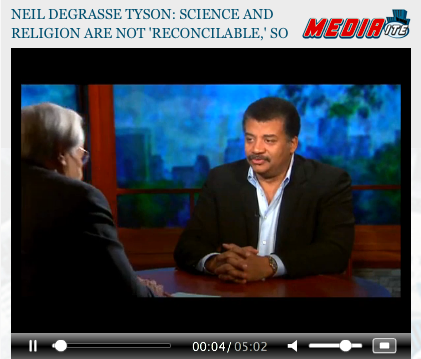
Recent Comments